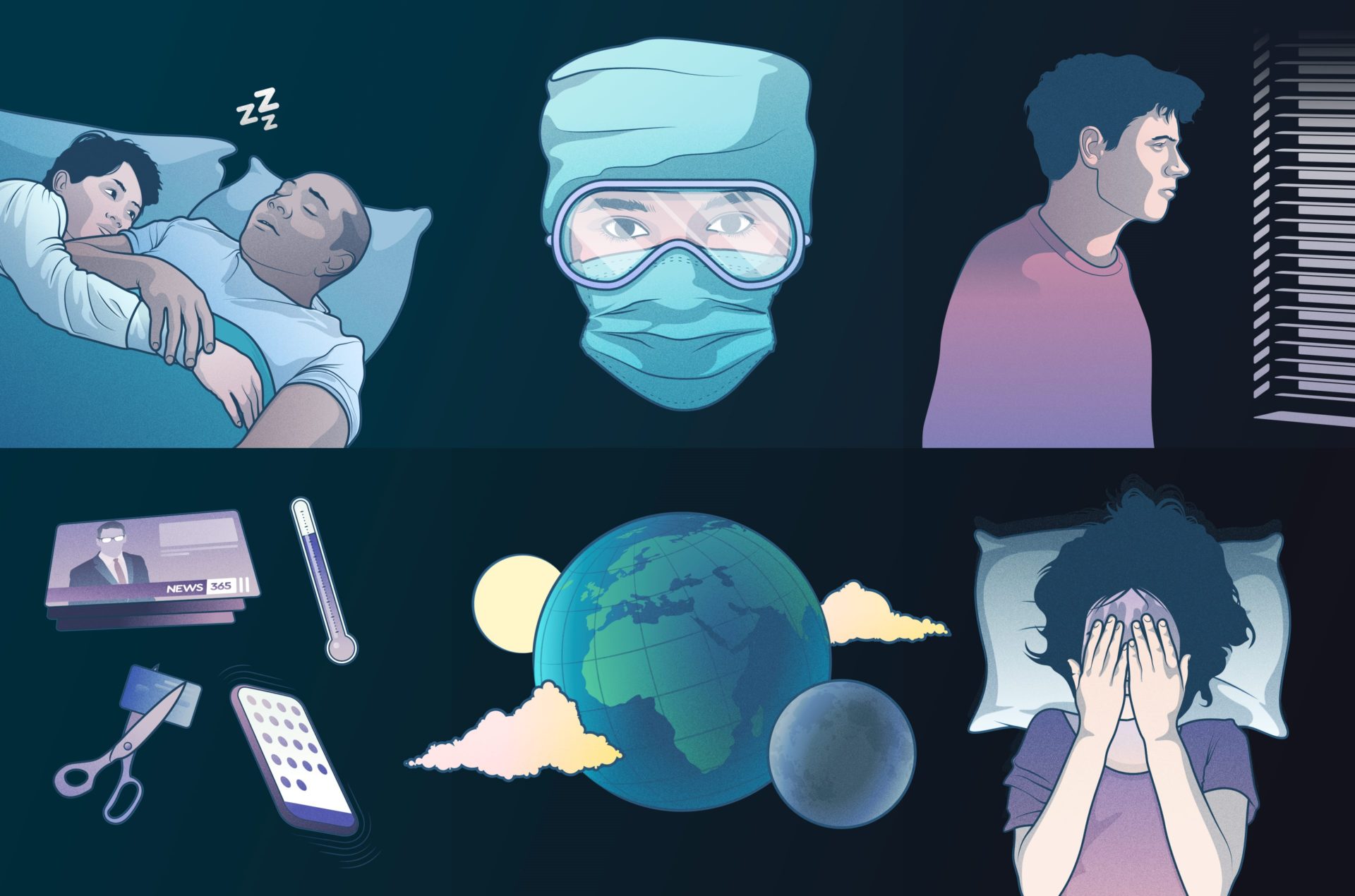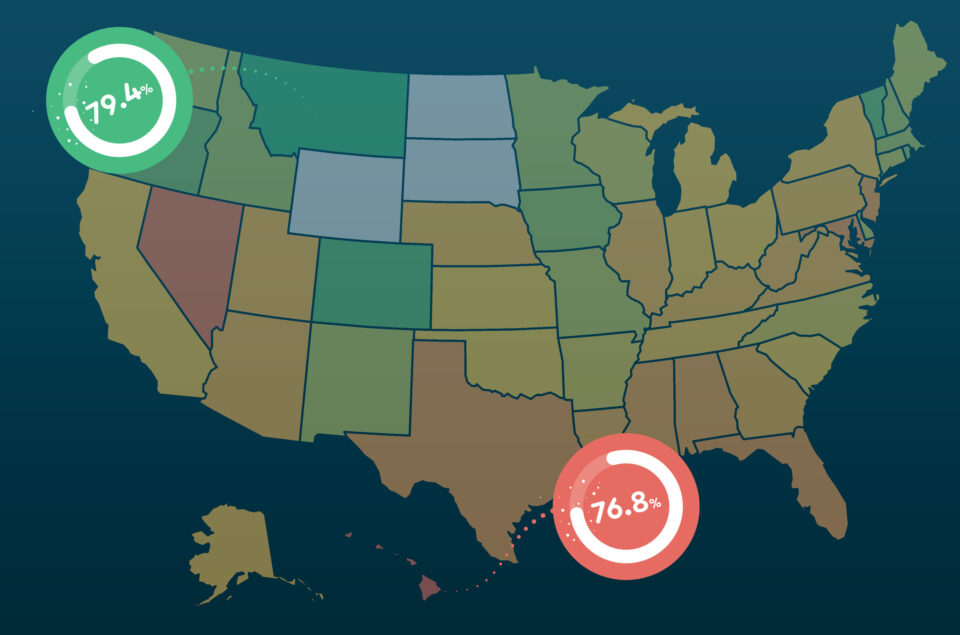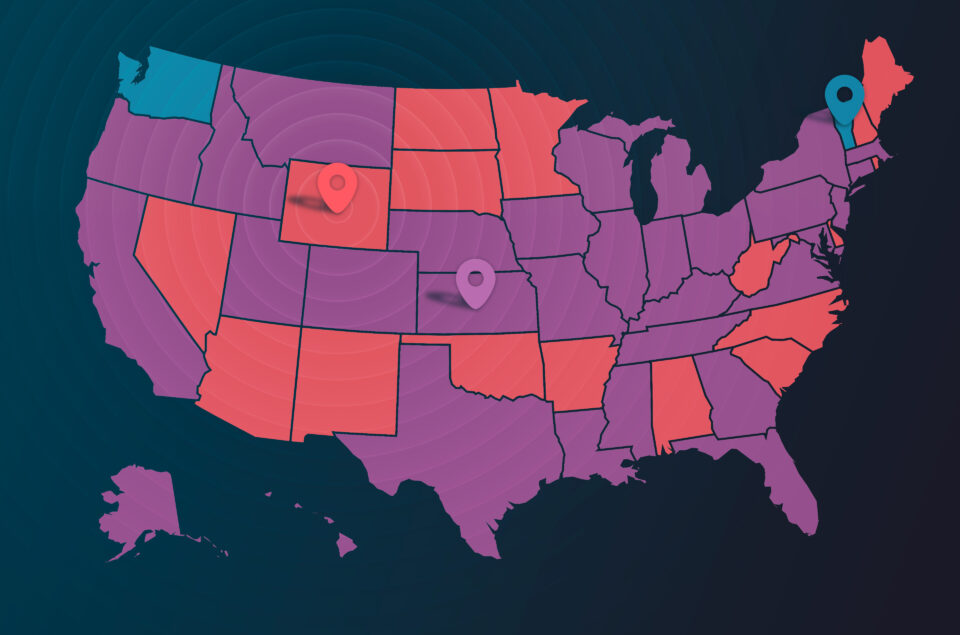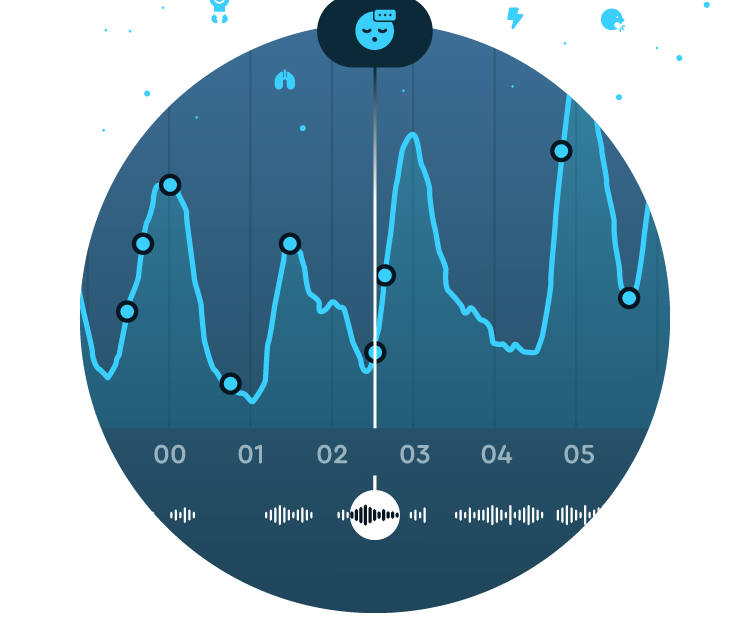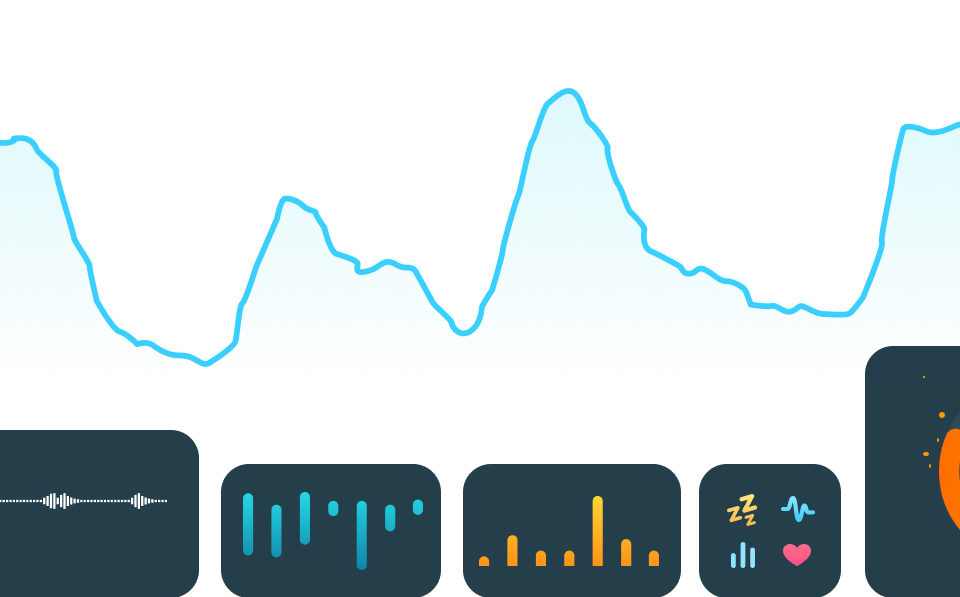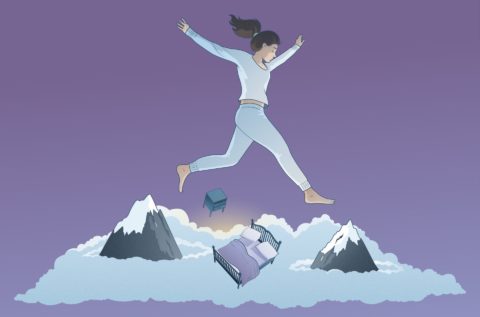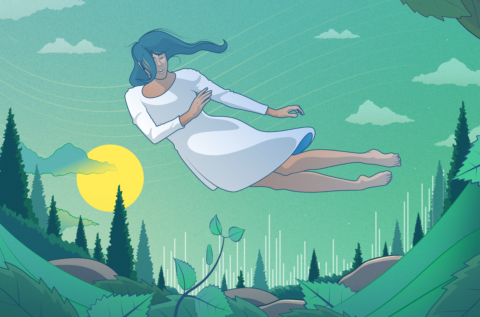The COVID-19 pandemic has fundamentally changed our lives in nearly every way, profoundly impacting the way we work, live, and our ability to sleep. At Sleep Cycle, we wanted a more precise understanding of the connection between coronavirus and sleep. How has our sleep changed amidst the pandemic? Are there notable differences in behaviors or concerns by age, gender, or region of the world? Are there some common threads around the world in how mental health has been affected? Can difficulty falling asleep be a predictor of mental health problems? Are we able to identify behaviors that can be modified in order to pave the way for better sleep in the age of COVID-19?
We partnered with Rebecca Robbins, PhD, Postdoctoral Fellow at Brigham and Women’s Hospital and Harvard Medical School, to compile the Sleep and Mental Health Amidst the 2020 Coronavirus Pandemic report. It’s an analysis of global sleep patterns, behaviors and mental health issues related to the early months of the COVID-19 pandemic.
The report draws on Sleep Cycle app data aggregated from over 33 million nights of users’ sleep between January and May 2020, tracking sleep quality. Additionally, 69,047 global Sleep Cycle users participated in an in-app survey designed to learn more about how changes in daily routine, mental health and worries related to the pandemic have affected sleep all around the world. The survey was deployed from June 17 to 22, 2020 in 22 countries, spanning North America, South America, Asia, Europe, Africa, Australia/New Zealand and the Middle East.
Here are some of our key findings:
What Was Keeping the World up at Night?
From the onset of the pandemic:
- Teens and young adults got the worst sleep, had the highest rate of feeling depressed, experienced more loneliness and consumed too much technology as they transitioned to remote learning
- Across continents, age groups and genders, 37% of survey respondents reported taking longer to fall asleep, but women were twice as likely to take longer to fall asleep
- In our survey, almost half of respondents worldwide reported feeling more anxious, and almost a quarter felt more depressed
- People on every continent reported consuming too much news and too much technology, which contributed to sleep problems
Who Slept Best (and Worst) during the Coronavirus Pandemic?
- Older people (ages 65 to 74) had the highest sleep quality from January to May
- Around the world, people exercised less in the early months of the pandemic
- Respondents in North America, Europe and Australia reported consuming more alcohol
Health Care Workers Had a Hard Time Falling Asleep
- Health care workers reported having more difficulty falling asleep since the pandemic than their peers
- The top worry on the minds of health care workers was becoming ill, or having a loved one fall ill
In addition to analyzing the stress factors and habits that are compounding sleep health worldwide, our report offers tips for improving sleep outcomes.
Given the cumulative negative effects on sleep worldwide that we’ve seen in the early stage of the pandemic, particularly among teens, young adults and health care workers, more focus needs to be given to understanding who is at risk and why. With the long tail of coronavirus still unknown, now is a critical time to raise awareness around sleep health and to promote healthy routines.
You can read the full COVID-19 Sleep report here.
